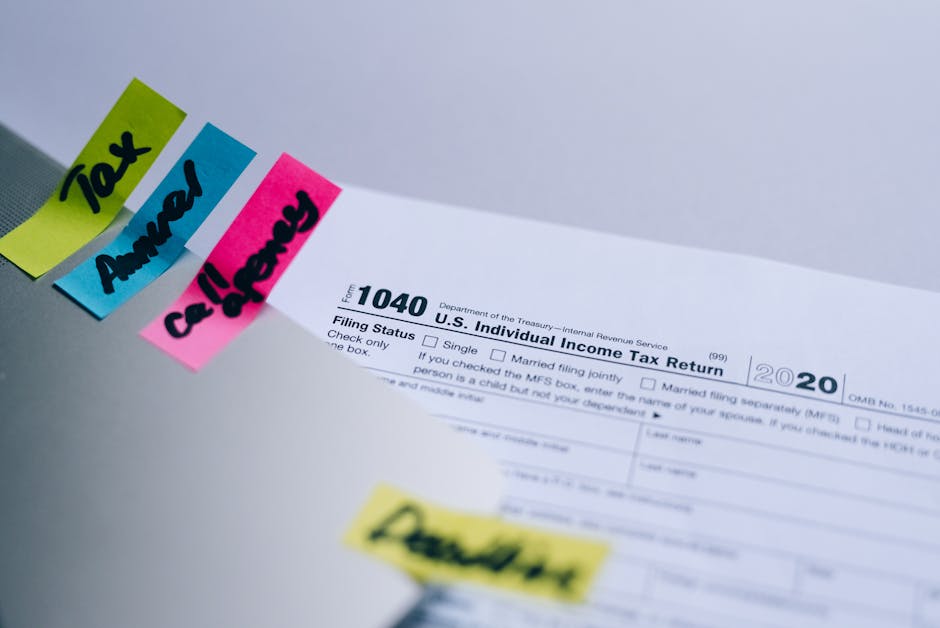Decoding the No Tax On Tips Act: A Comprehensive Guide for Employees and Employers
The topic of tip taxation can be confusing, even for seasoned professionals. While there isn’t a specific piece of legislation officially titled “No Tax On Tips Act,” the term often arises in discussions about the taxation of tips received by employees. This comprehensive guide aims to clarify the current legal landscape surrounding tip income and address common misconceptions.

Understanding Tip Taxation in the United States
In the United States, tips are considered taxable income. This means that both employees and employers have responsibilities related to reporting and paying taxes on tips. The Internal Revenue Service (IRS) has specific regulations in place to ensure proper reporting and compliance.
Employee Responsibilities Regarding Tips
- Reporting Tips: Employees are legally obligated to report all tips received, regardless of whether they are reported by the employer or not. This includes cash tips, charge tips, and tips received through other means.
- Record Keeping: Maintaining accurate records of tips received is crucial. This helps in accurate tax reporting and can assist in resolving any discrepancies.
- Tip Reporting Forms: Employees may be required to complete and submit various tip reporting forms, depending on their employer and the amount of tips received. These forms are designed to help the IRS track tip income and ensure compliance.
- Tax Withholding: Employers might withhold taxes from an employee’s regular wages to account for anticipated tip income, but this is not always the case and is often based on the employee’s estimations of their tips.
Employer Responsibilities Regarding Tips
- Reporting Requirements: Employers are required to report all reported tips from employees. They may also need to report any tips they know about but weren’t reported by the employee, and can often face penalties for non-compliance.
- Tip Allocation: In some service industries, employers might allocate a percentage of sales as tips to employees, particularly if there’s a mandatory tip pool or other such policies.
- Record-Keeping Obligations: Employers should maintain records of all reported and unreported tips, as well as any internal tip-sharing arrangements.
- Tax Withholding Considerations: Employers have obligations to ensure tax withholding processes accurately reflect the expected income including tips.
Addressing the Misconception of a “No Tax On Tips Act”
The idea of a “No Tax On Tips Act” is a significant misconception. There is no federal legislation that exempts tips from taxation. This often stems from misunderstandings about various tax deductions or allowances, and sometimes from misinformation spread online or through word-of-mouth.
Some might confuse deductions for business expenses with complete tax exemption. While certain legitimate business expenses incurred by self-employed individuals might be deductible from their income, including tip income, this does not mean there is no tax on tips whatsoever.

Common Questions and Clarifications
Q: What happens if I don’t report my tips?
Failing to report tips can lead to severe penalties from the IRS, including substantial fines and potential criminal charges. Accurate and timely reporting is crucial.
Q: What if my employer doesn’t report my tips?
You are still responsible for reporting your tips to the IRS, even if your employer fails to do so. You should retain documentation of your tips and file your taxes accordingly.
Q: Are there any tax deductions available for tip income?
While tips are taxable income, there might be deductions available for certain expenses related to earning tips, depending on your employment situation and applicable tax laws. Consult a tax professional for personalized advice.
Q: What forms do I need to complete for tip reporting?
The specific forms will vary depending on your situation. Form W-2 will often include reported tips. Form 1040 is used to report your income and taxes, and additional forms might be required depending on your earnings and self-employment status.
Navigating the Complexities of Tip Taxation
Understanding tip taxation requires careful attention to detail and compliance with IRS regulations. While the concept of a “No Tax On Tips Act” is inaccurate, there are various aspects of tax laws pertaining to tips that may influence your tax obligations.
Seeking Professional Tax Advice
If you have questions or concerns about tip taxation, consulting a qualified tax professional is recommended. They can offer personalized guidance and ensure you comply with all applicable laws and regulations. Failure to do so can lead to serious financial penalties. It’s crucial to fully understand your rights and responsibilities as an employee or employer to prevent unnecessary legal issues and financial burdens.
Staying Updated on Tax Law Changes
Tax laws can change, so it’s essential to stay informed about updates from the IRS. Regularly review the IRS website and consult with tax professionals to ensure your practices remain compliant.
Conclusion
The concept of a “No Tax On Tips Act” is misleading. Tips are taxable income, and both employees and employers have specific responsibilities related to their reporting and taxation. Accurate record-keeping, timely reporting, and understanding applicable tax laws are crucial to avoid potential penalties. Seeking professional tax advice is highly recommended to ensure compliance and navigate the complexities of tip taxation effectively.


